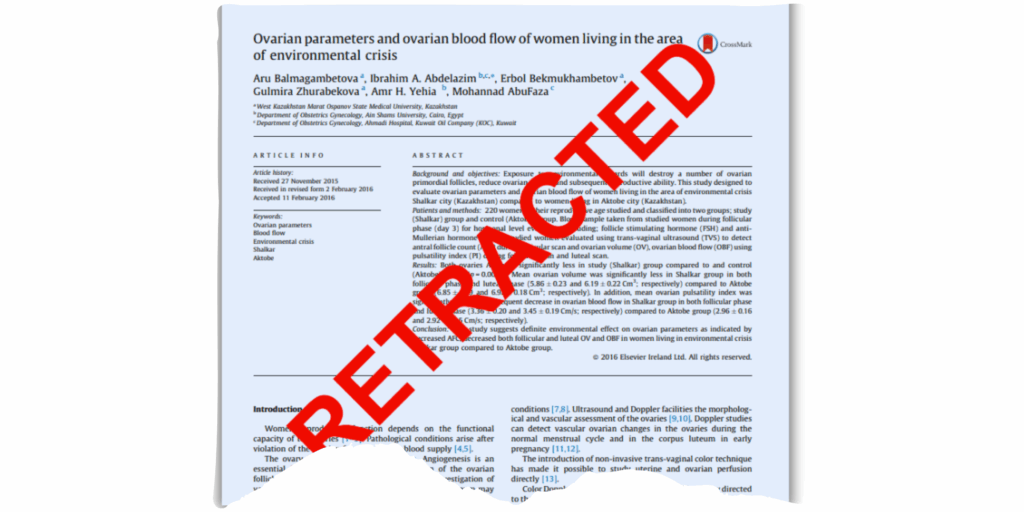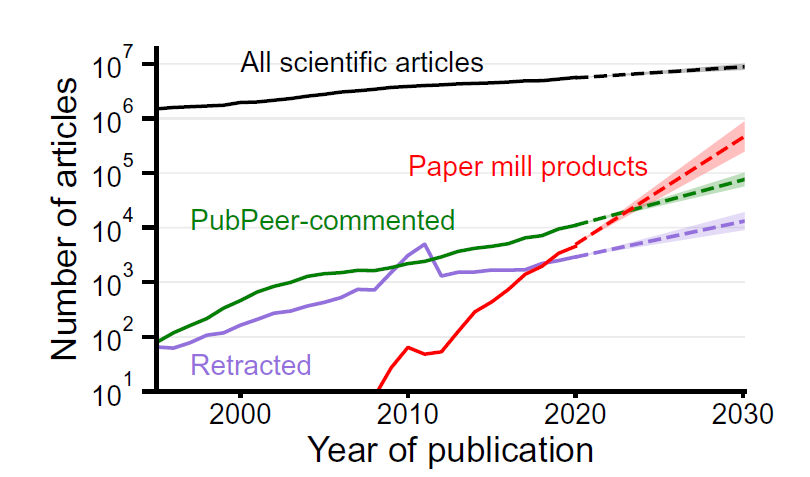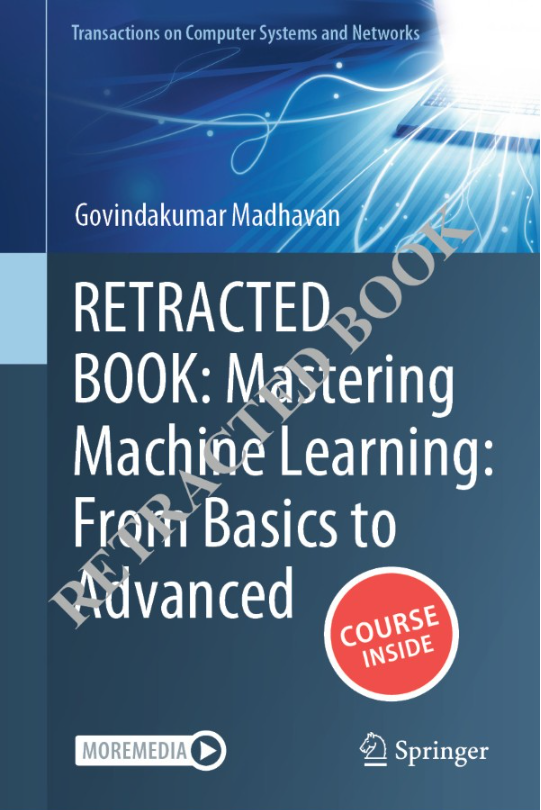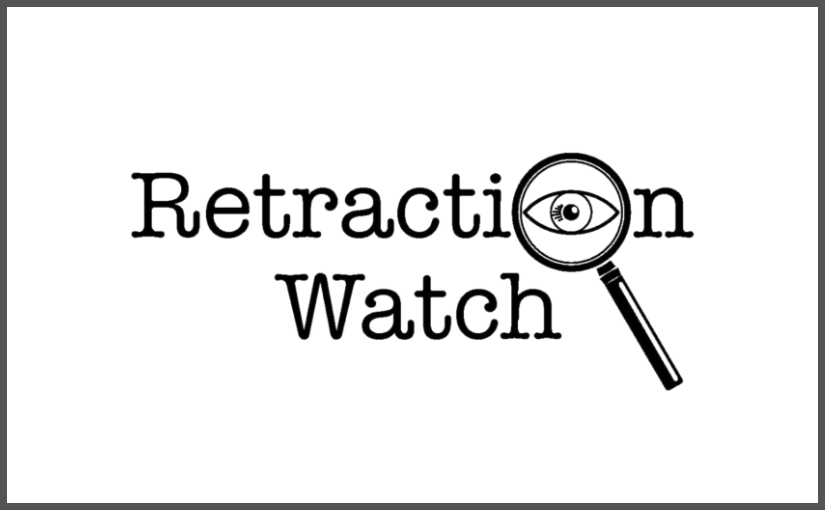
An obstetrician and gynecologist from an Egyptian university has garnered more than a half-dozen retractions so far this year for self plagiarism and problematic data.
Ibrahim A Abdelazim is on the faculty of Ain Shams University, Cairo, but is on “unpaid leave” and currently working at Ahmadi Hospital in Kuwait, he told us. The recent retractions bring his total to 10, along with one expression of concern. Several journals are conducting investigations into his other papers.
Published from 2012 to 2016, the retracted papers range from methods papers describing how to detect premature rupture of fetal membranes and how to sample endometrial tissue to a descriptive study of fertility after environmental crisis.
Continue reading ‘Biologically implausible distributions’ and self-plagiarism result in 10 retractions for ob-gyn


